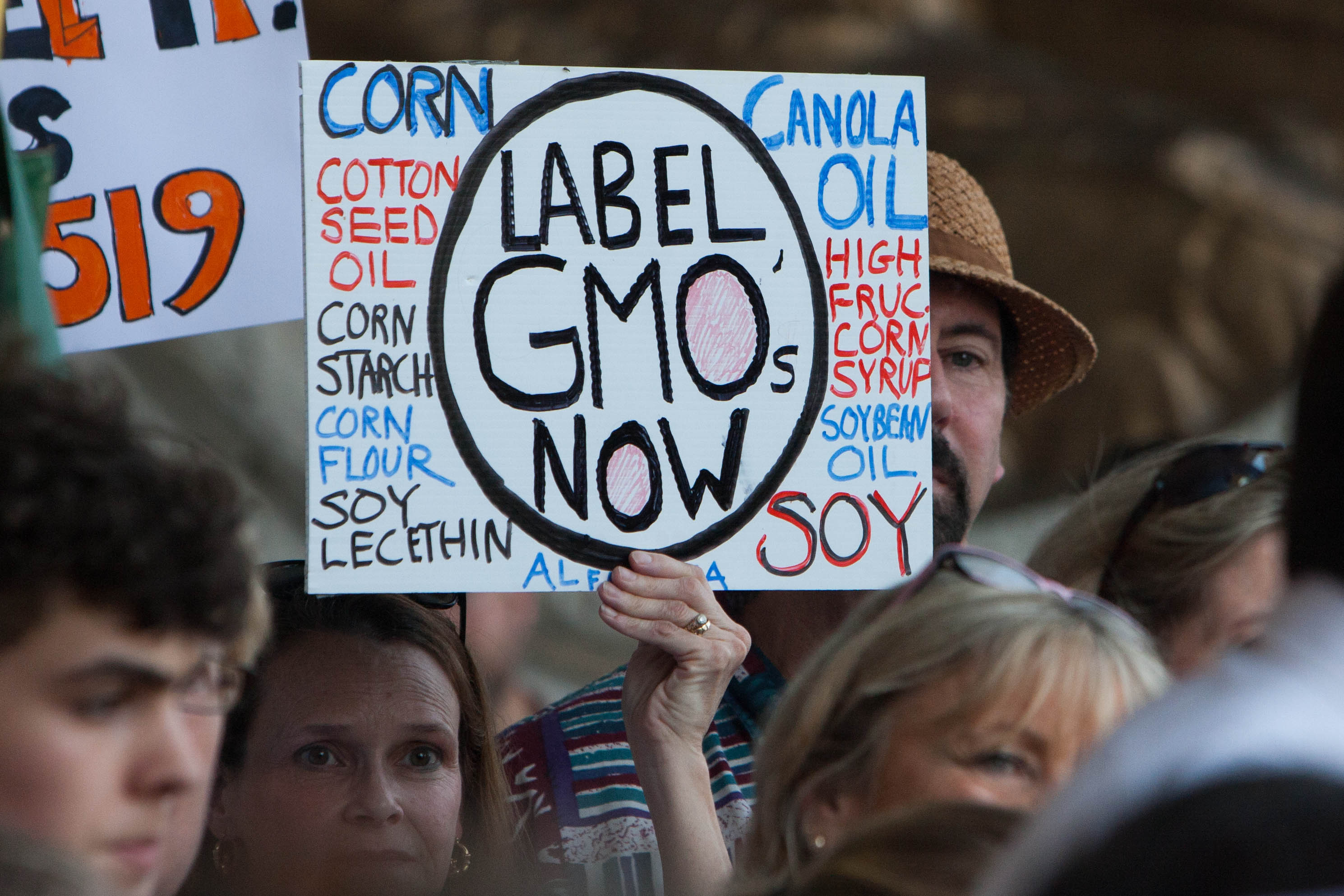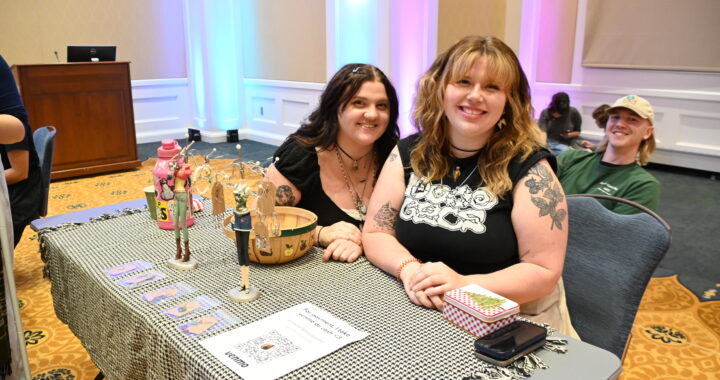Issues of Bioethics could play role in Presidential races
4 min read
CT Senate Democrats | Flickr. (https://creativecommons.org/licenses/by-nc-nd/2.0/legalcode)
By EMILY HOLLINGSWORTH
Students at the University of Mary Washington had the opportunity to hear Jonathan Moreno, professor of ethics from the University of Pennsylvania, speak on Tuesday, March 8, as part of the year-long discussion of the Common Read for freshmen students, “The Immortal Life of Henrietta Lacks” by Rebecca Skloot. The lecture took place at the Hurley Convergence Center in the Digital Auditorium.
During his presentation, Moreno talked about the question of ethics in cloning, stem cell research and other experiments. He also discussed changing attitudes toward scientific progress, particularly in experiments where bioethics may be a concern, in society and politics.
Bioethics can be serious business, especially when considering the treatment of living persons or animals. However, Moreno made it a lighthearted lecture. Showing clips from the 1978 film “The Boys in Brazil” to describe cloning, clips of Sacha Baron Cohen’s “Ali G” joshing doctors about medical ethics and cracking a pun in his power point about the untimely death of Dolly, the first cloned sheep, saying, “We hardly knew y’ewe.”
Having a doctorate in philosophy, Moreno called himself more of a historian than a scientist, but said that he has researched the trends of science, and has made observations about what types of sciences have progressed and become more popular, and thus more controversial. He has also written, “The Body Politic: The Battle Over Science in America,” a nonfiction book published in 2011, called a best book of the year by Kirkus Reviews.
Moreno explored how some U.S. conservatives may have grown to distrust scientists as more popular science has shifted from the physics and engineering in NASA and space travel in the 1950s and 1960s to biology, particularly when the first baby was born thanks to in vitro fertilization in 1978.
The shift toward biology and genetics, particularly in stem cell research, has raised concerns as stem cell lines are often created from cells in a destroyed embryo, a highly controversial topic.
According to Moreno, stem cell research has been a hot button topic among presidential candidates since the early 2000s. Stem cell research had been limited to non-embryonic stem cells and stem cells from lines created after 2001, when President George W. Bush had made a policy to limit embryonic stem cell research. President Obama created an executive order in 2009 lifting some of these restrictions to further scientific discoveries.
According to Moreno, the debate surrounding stem cell research has cooled this election, replaced with issues such as immigration and student debt. “[This issue’s] absence is telling us something,” Moreno said.
Among the politicians who may or may not take issue with it, Moreno argued that Ted Cruz may be opposed to stem cell research. But it is only a guess, Moreno said, as none of the candidates have spoken openly about it. But, Moreno argued, bioethics are not only considered in stem cell research, but for animals as well.
Irving Weissman, a professor at Stanford University, approached Stanford in 2000 about an experiment where human brain stem cells would be transplanted to a mouse with developing neurons, which would then be the first mouse to have human-derived neurons.
The proposal brought concern about its ethical treatment of the mouse, something Weissman had also considered, according to a 2007 article in the National Institute of Health.
The experiment was never performed, but the possibility of a chimera, or a hybrid of different species, has been widely debated, according to Moreno.
The safe or reasonable overlap between animals and ethical treatment has been an issue among other animals, particularly when it could affect humans. The Food and Drug Administration approved a type of genetically engineered salmon in November, which helps it to grow more quickly than other salmon. This type of salmon would not have to be labeled as genetically modified.
Because these types of scientific modifications have been happening for years, Moreno said he would feel fine eating the salmon after being asked by an audience member. “As long as I have tartar sauce,” he joked.
The presentation ended with a Q&A and some reassuring words about what could be the future of science. When an audience member asked if he was worried about the things that could come from science, Moreno joked that he had watched “The Jetsons” growing up. Decades later, flying cars have not been invented, at least not yet.
“Whatever we think is going to happen is not going to happen,” Moreno said about the possible advancements and possible threats from future scientific experiments.
Moreno also spoke about the government’s role in science, and believes the government should regulate activity, particularly when it could affect a lot of people, referring to the Flint Water Crisis as a failure of the U.S. government to regulate the water supply.
Freshman Darby Libka heard about the presentation through UMW’s honors program. Libka thought that the material was interesting and felt that Moreno’s presentation of potentially discordant subjects was balanced.
“He showed the sides without choosing one, which I thought was interesting,” Libka said.


